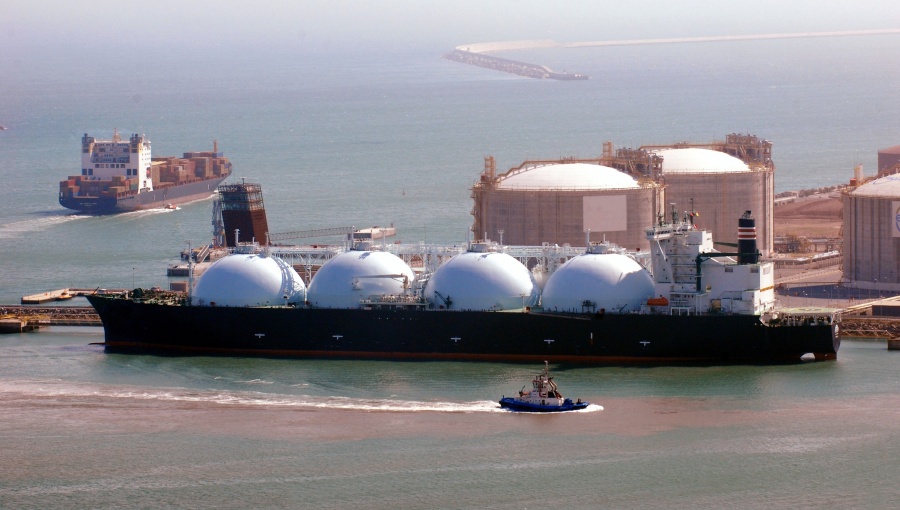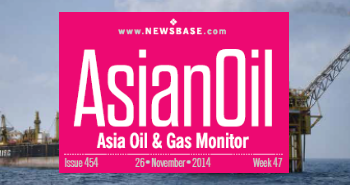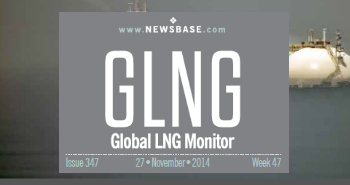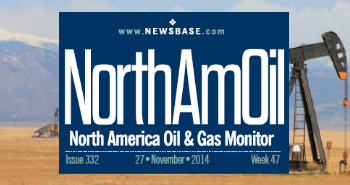Shell targets 5% annual increase in LNG sales over next 5 years

Shell is aiming for a 4-5% annual increase in LNG sales over the next five years, stated the supermajor’s finance chief, Sinead Gorman, on March 25.
The world’s biggest trader of LNG also is seeking to achieve 1% annual production growth.
In a conference call on its capital markets day, Gorman added that the LNG sales target would be supported its own production of the super-chilled fuel as well as by supply from other producers.
In 2024, Shell produced 29mn tonnes of LNG, while also selling 66mn tonnes. Amid these higher sales, Shell pledged to return more money to shareholders via buybacks.
The company announced it will increase its shareholder distribution target to between 40% and 50% of cash flow operations, up from its current level of between 30% and 40%.
The supermajor remains bullish on LNG, predicting that demand globally for the super-cooled gas will soar by about 60% by 2040.
The primary driver will be economic growth in Asia, fuel switching to reduce emissions in heavy industry and transport, and rising energy demand for AI and data centers, Shell predicted in its LNG Outlook 2025.
Over the next three decades Shell predicts LNG demand will continue to climb reaching between 630-718mn tonnes per year (tpy) by 2040.
“We expect that supplying LNG will be the biggest contribution we will make to the energy transition over the next decade and we are positioning our portfolio to match this,” Shell CEO Wael Sawan said.
“And as the demand for secure and affordable energy rises it will need to be consumed with lower emissions,” Sawan added.
Looking ahead the Shell-operated LNG Canada project is expected to come online this summer. The country’s flagship project began cooling down the plant on March 24, as the final stage before LNG production begins.
The project located at Kitimat port, about 700 km north of Vancouver, will boast a production capacity of 14mn tpy in its first phase.




Follow us online